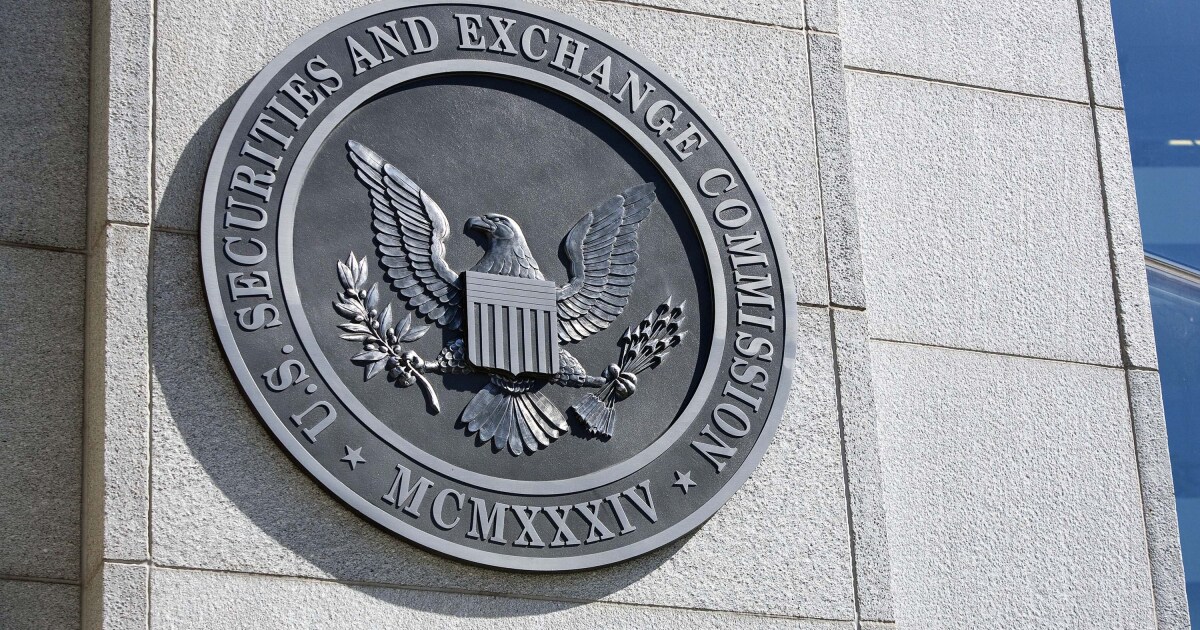The House-passed version of President Donald Trump’s massive tax and spending bill would deliver a financial blow to the poorest Americans but be a boon for higher-income households, according to a new analysis from the Congressional Budget Office.
The bottom 10% of households would lose an average of about $1,600 in resources per year, amounting to a 3.9% cut in their income, according to the analysis released Thursday. Those decreases are largely attributable to cuts in the Medicaid health insurance program and food aid through the Supplemental Nutrition Assistance Program.
Households in the highest 10% of incomes would see an average $12,000 boost in resources, amounting to a 2.3% increase in their incomes. Those increases are mainly attributable to reductions in taxes owed, according to the report from the nonpartisan CBO.
Households in the middle of the income distribution would see an increase in resources of $500 to $1,000, or between 0.5% and 0.8% of their income.
The projections are based on the version of the tax legislation that House Republicans passed last month, which includes much of Trump’s economic agenda. The bill would extend tax cuts passed under Trump in 2017 otherwise due to expire at the end of the year and create several new tax breaks. It also imposes new changes to the Medicaid and SNAP programs in an effort to cut spending.
Overall, the legislation would add $2.4 trillion to US deficits over the next 10 years, not accounting for dynamic effects, the CBO previously forecast.
The Senate is considering changes to the legislation including efforts by some Republican senators to scale back cuts to Medicaid.
The projected loss of safety-net resources for low-income families come against the backdrop of higher tariffs, which economists have warned would also disproportionately impact lower-income families. While recent inflation data has shown limited impact from the import duties so far, low-income families tend to spend a larger portion of their income on necessities, such as food, so price increases hit them harder.
The House-passed bill requires that able-bodied individuals without dependents document at least 80 hours of “community engagement” a month, including working a job or participating in an educational program to qualify for Medicaid. It also includes increased costs for health care for enrollees, among other provisions.
More older adults also would have to prove they are working to continue to receive SNAP benefits, also known as food stamps. The legislation helps pay for tax cuts by raising the age for which able bodied adults must work to receive benefits to 64, up from 54. Under the current law, some parents with dependent children under age 18 are exempt from work requirements, but the bill lowers the age for the exemption for dependent children to 7 years old.
The legislation also shifts a portion of the cost for federal food aid onto state governments.
CBO previously estimated that the expanded work requirements on SNAP would reduce participation in the program by roughly 3.2 million people, and more could lose or face a reduction in benefits due to other changes to the program. A separate analysis from the organization found that 7.8 million people would lose health insurance because of the changes to Medicaid.


 Economics1 week ago
Economics1 week ago
 Economics1 week ago
Economics1 week ago
 Finance1 week ago
Finance1 week ago
 Economics5 days ago
Economics5 days ago
 Economics1 week ago
Economics1 week ago
 Blog Post6 days ago
Blog Post6 days ago
 Personal Finance5 days ago
Personal Finance5 days ago
 Economics1 week ago
Economics1 week ago












